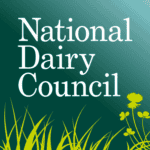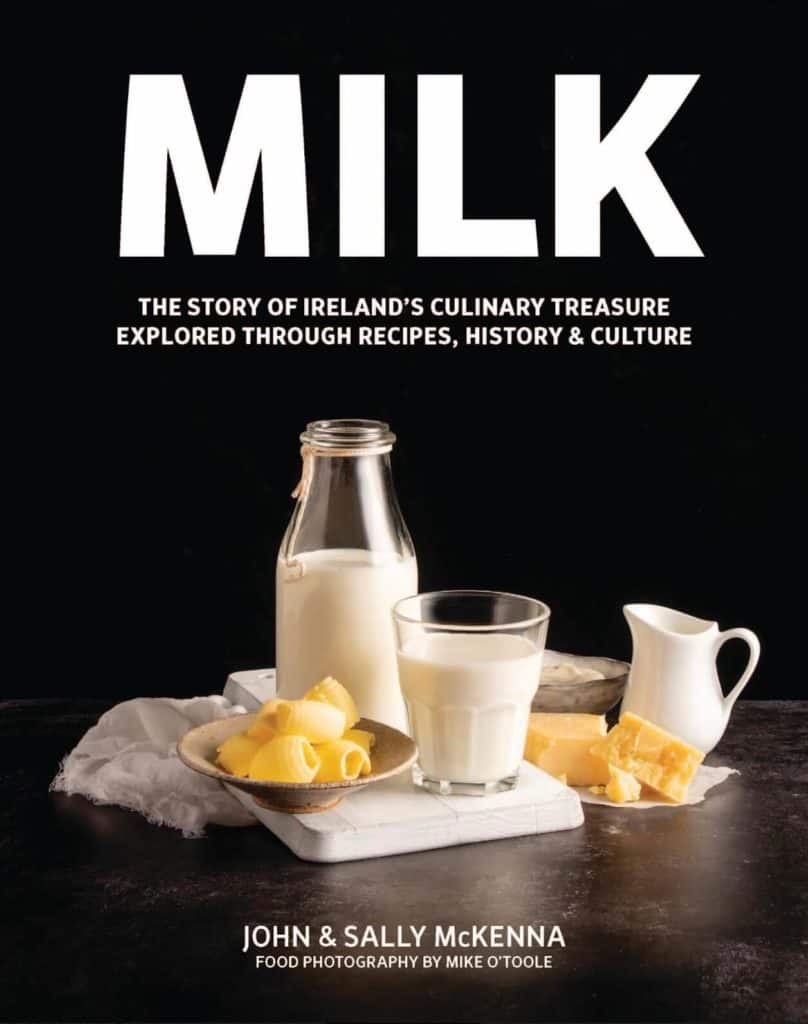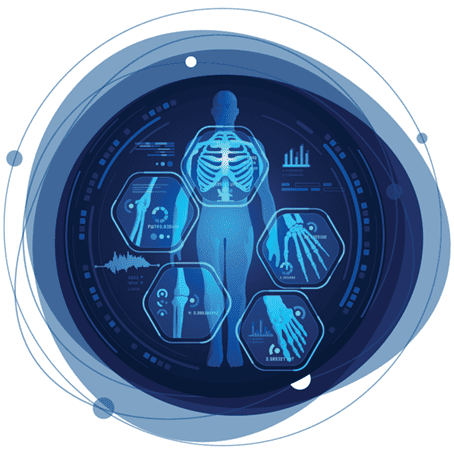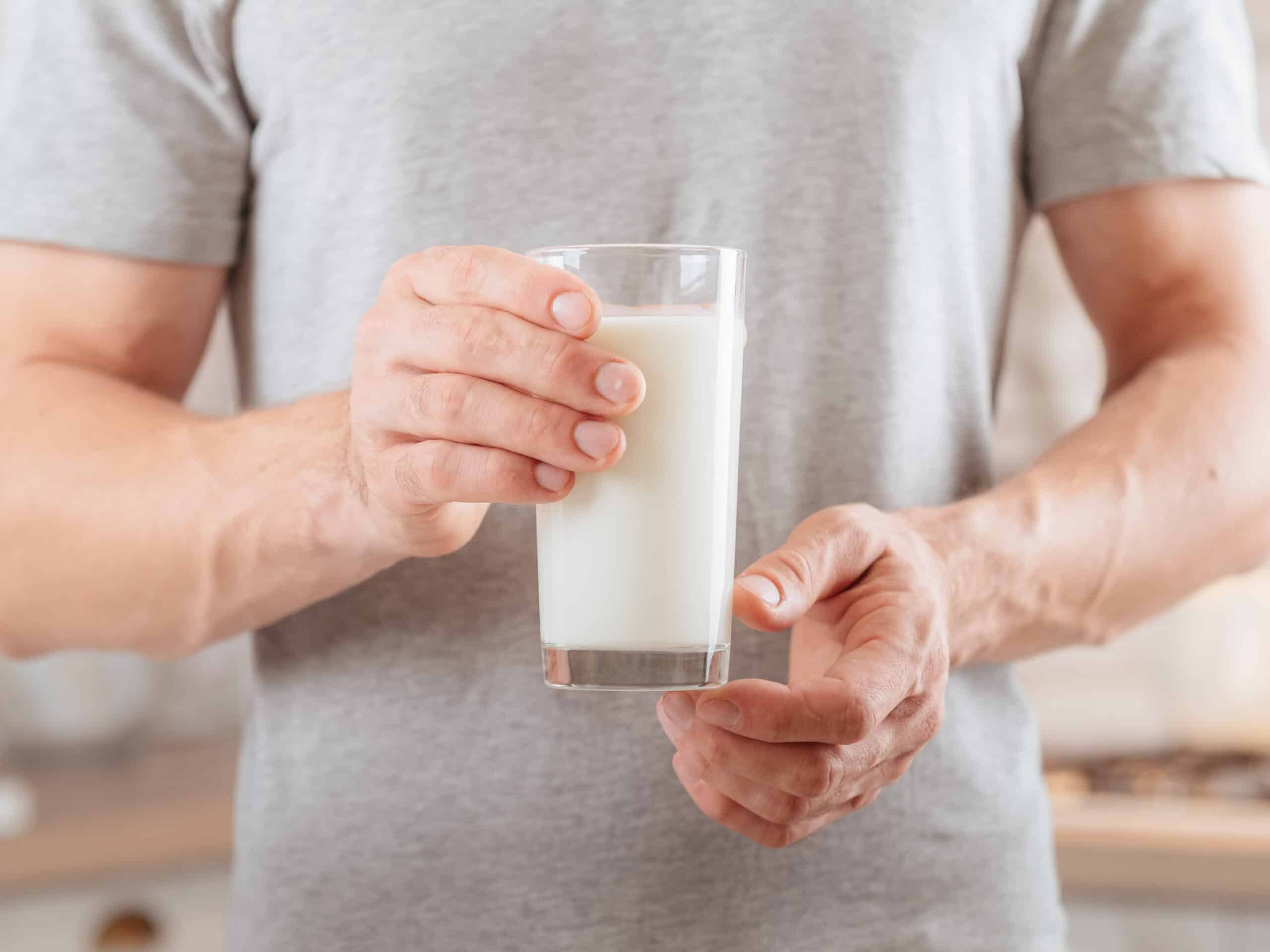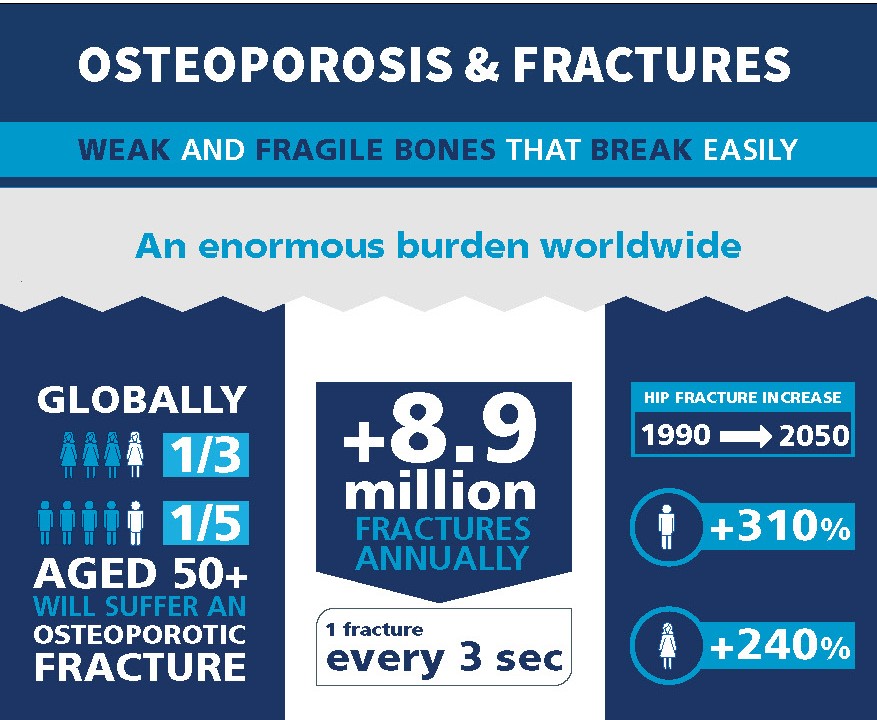Love your Bones with Good Nutrition
NDC and Cappagh Hospital Launch Bone, Muscle and Joint Health Booklet
World Osteoporosis Day 20th October
The National Dairy Council (NDC) has joined forces with the experts at Cappagh National Orthopaedic Hospital to launch a new booklet “Bones, Muscles & Joint Health – Nutrition & Orthopaedic Surgery” ahead of World Osteoporosis Day on 20th October.
Both Cappagh Hospital and the National Dairy Council promote the benefits of good bone health, with dairy providing many of the key nutrients needed for musculoskeletal health. The booklet covers Common conditions affecting the musculoskeletal system, the role of nutrition in bone, muscle and joint health and gives tips for preparation and recovery after orthopaedic surgery.
Suggested quote from John
Professor John O’Byrne, Orthopaedic surgeon at Cappagh explains that as we get older our body’s ability to adapt to the stress and strain of everyday activities can affect people to a varying degree. Factors such as birth deformities, age, lifestyle (e.g. smoking, alcohol, inactivity), as well as some medications can make us more susceptible to certain musculoskeletal conditions. The promotion of a balanced diet to support musculoskeletal health forms part of Cappagh Hospital’s broad healthcare remit.
Osteoporosis results from a progressive loss of bone tissue, which causes bones to become weak and brittle. One in two women and one in five men over 50 years will develop a fracture in their lifetime. Senior Nutritionist at the National Dairy Council, Marianne Walsh says “Lifestyle factors such as diet, are a great place to start in taking some control to reduce fracture risk.
A balanced diet which provides adequate nutrients, including calcium, protein and phosphorus, are essential for musculoskeletal health and these are present in dairy foods such as milk, yogurt and cheese. Dairy is well recognised as a natural source of bioavailable calcium, which means that it is easy to absorb by the body. In addition, dairy foods contain a matrix of other nutrients which have important roles in health”
Coming from the experts in Orthopaedics in Ireland, the booklet also covers all you need to know to prepare yourself before and after surgery. It is vital that you do everything you can to be in the best of health going into surgery because this will aid your recovery afterwards. Key considerations that will help when preparing for surgery are a healthy diet and staying active.
Professor O’Byrne says “Staying fit and active is encouraged before surgery to maintain function, avoid stiffness and loss of muscle and optimise recovery. Any gains in fitness, strength and muscle mass can make a difference in accelerating recovery after surgery. Being injured or having orthopaedic surgery can put additional demands on the body through wound healing, inflammation and regeneration of new tissue. Good nutrition is vital to meet the body’s increased nutrient requirements at this time, to ensure an efficient return to healthy, active and independent living”.
The 5 top tips for a healthy musculoskeletal system
- Staying strong: Weight-bearing, resistance style exercises are particularly important for bone and muscle health – these include activities where your body must work against a force, such as gravity. Examples include skipping, running, tennis, dancing, brisk hill walking or simply climbing stairs.
- Stretching: Exercises such as stretching, Pilates or yoga can be particularly beneficial for posture and supple joints. Stronger core muscles (abdominals and back) improve balance, helping to prevent falls.
- A healthy body weight: Being either underweight or overweight can have a negative impact on musculoskeletal health. Being very thin or losing weight quickly can result in a low muscle mass. Alternatively, being overweight increases pressure on joints such as the knees, hips and back, thereby increasing the risk of pain and injury.
- Smoking and Alcohol: Refrain from smoking and if you consume alcohol, do so in moderation.
- Nutrition: A balanced diet which provides adequate nutrients, including calcium, protein, phosphorus, vitamin C and vitamin D, are essential for musculoskeletal health.
Footnote:
The Department of Health’s guidelines for healthy eating advise 3 servings from the ‘milk, yogurt and cheese’ food group each day for adults and those aged 5 years and up; with 5 servings recommended for 9-18-year olds due to the importance of calcium during this life stage. Examples of a serving include a 200ml glass of milk, a 125g pot of yogurt or a 25g piece of cheese, such as cheddar.
For a copy of the booklet or to download please visit here
